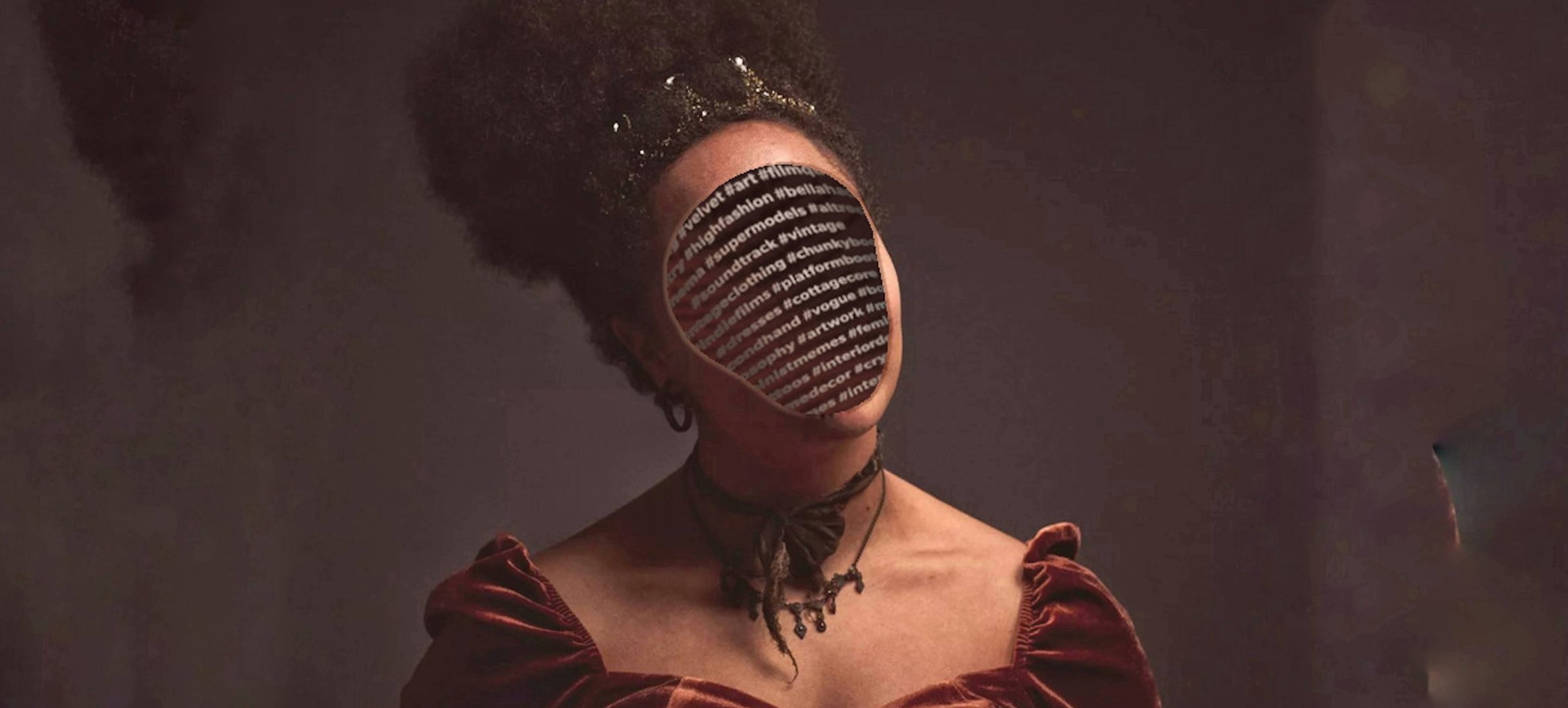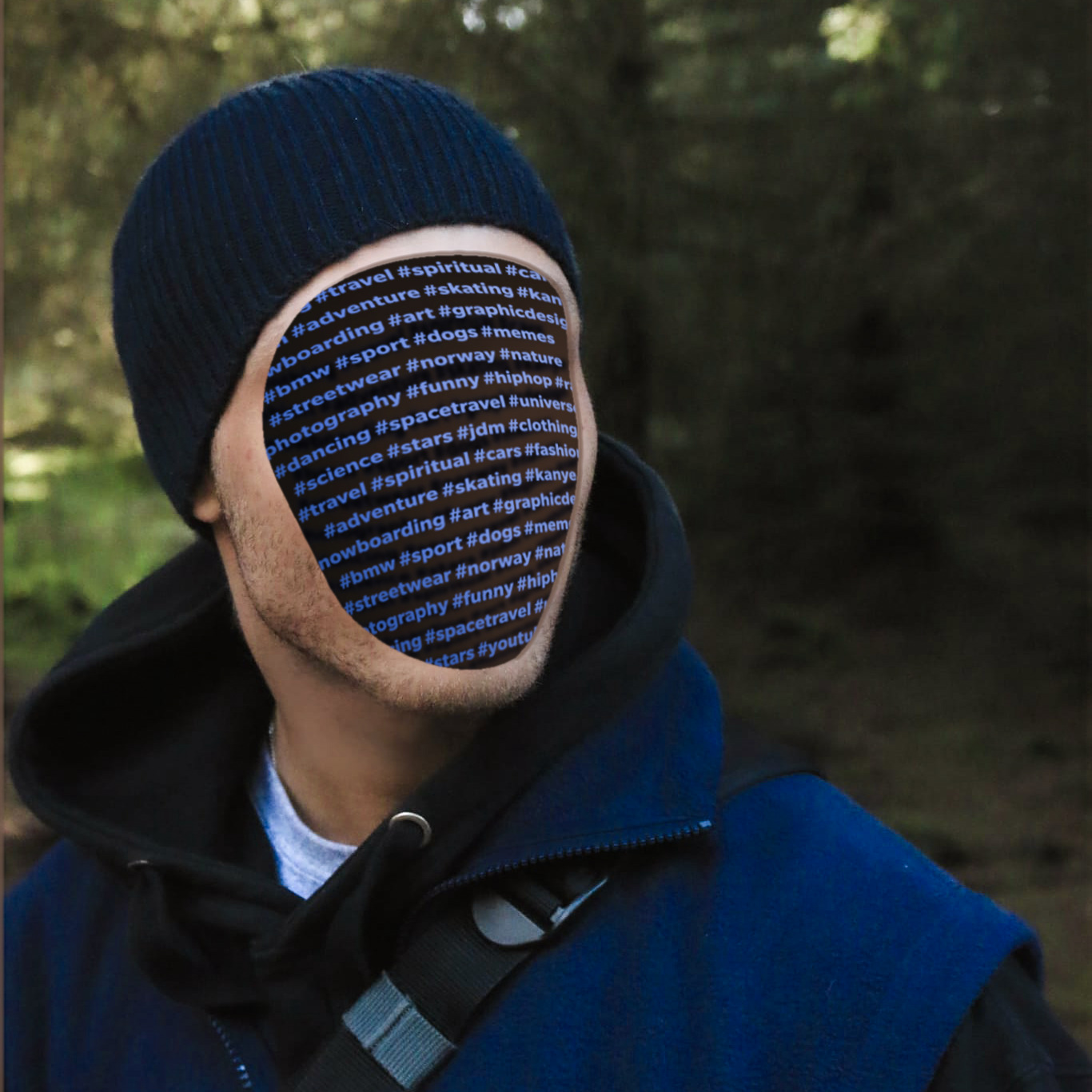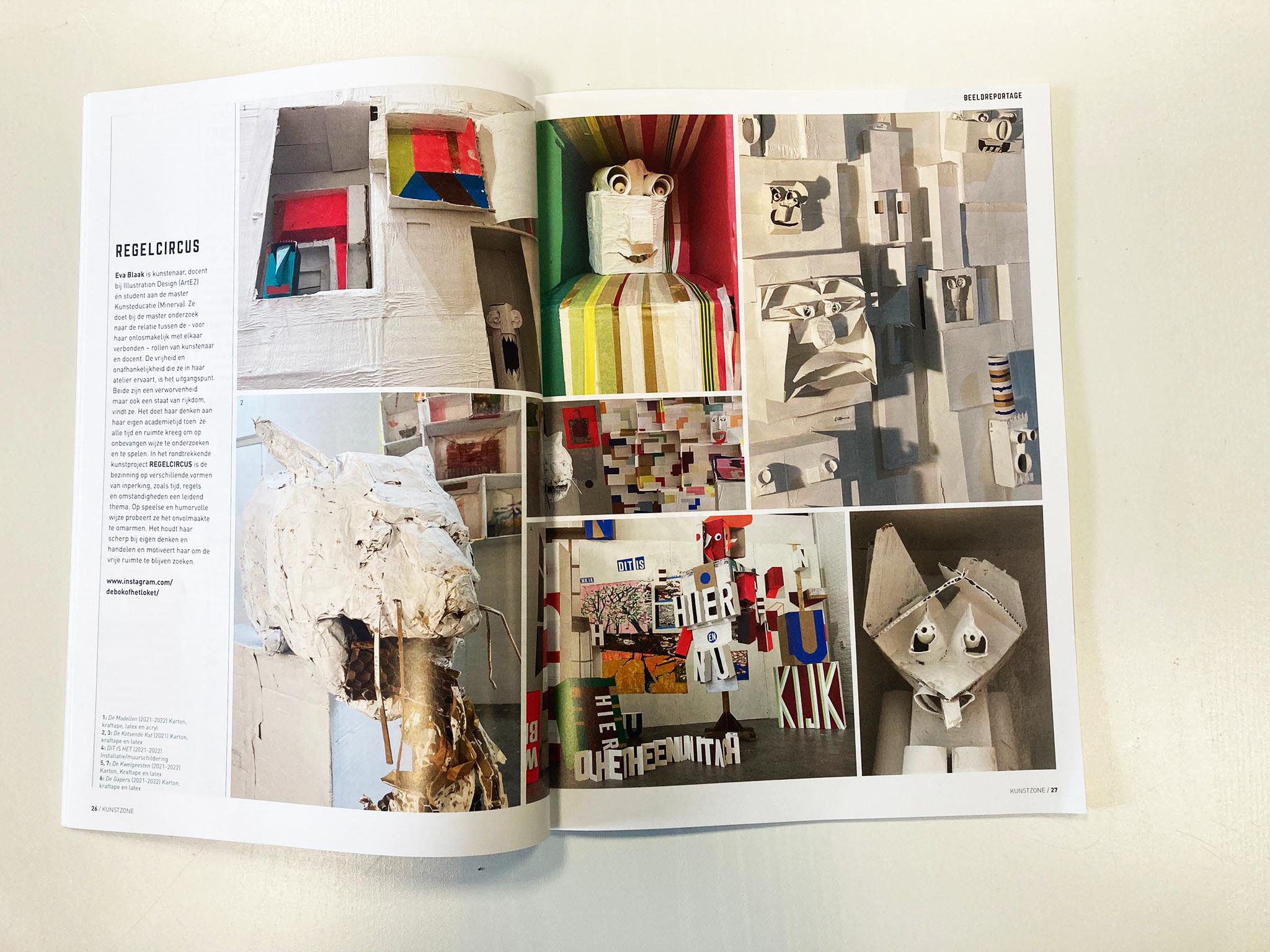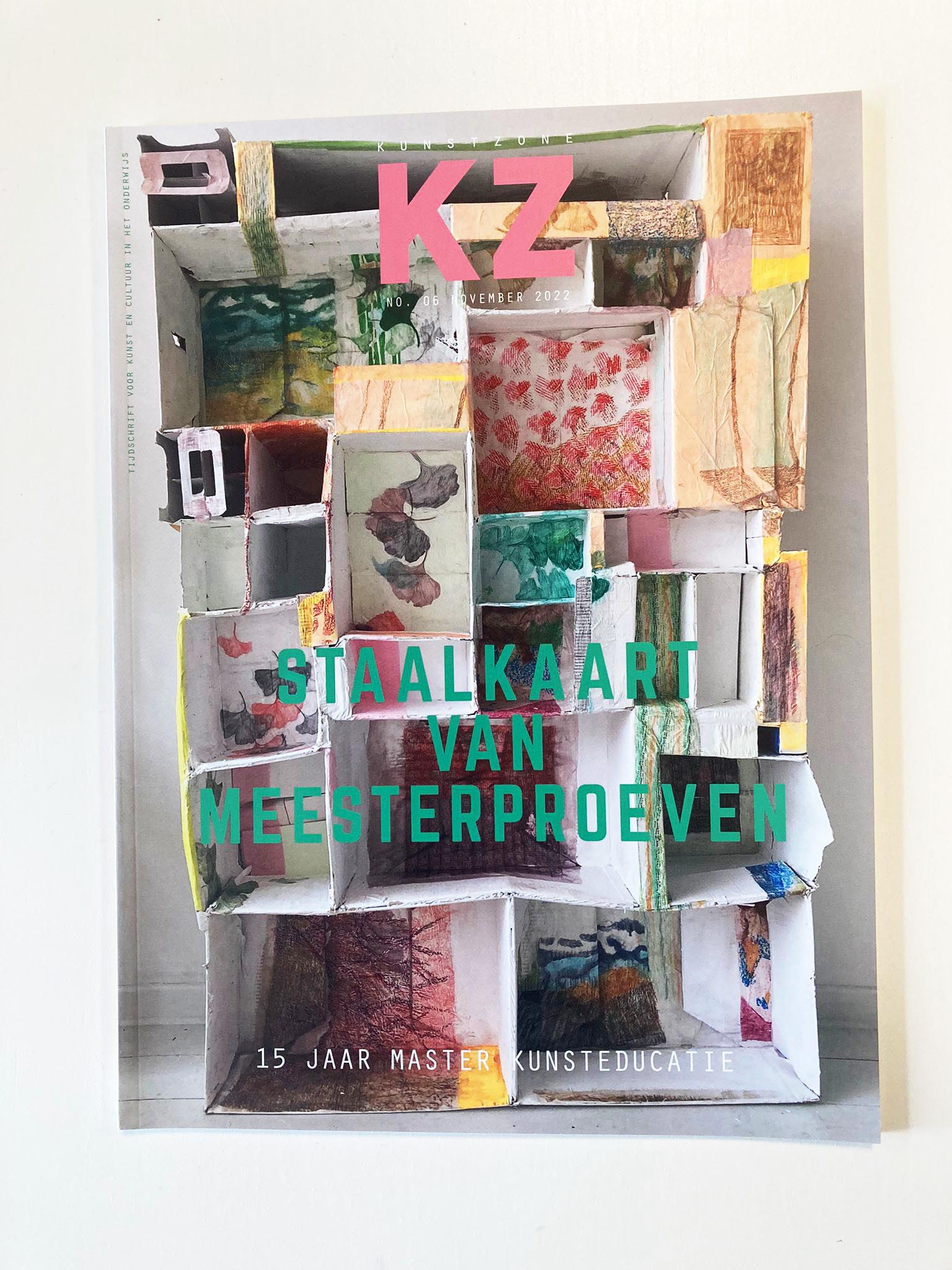SPOTTED: Kunstzone special on Master's courses Education in Arts
On 28 October it hit subscribers' doormats: the new issue of Kunstzone. This edition is entirely dedicated to all the Master's courses Education in Arts in the Netherlands. This edition full of contributions from our students and teachers of the Master's of Education in Arts.

Kunstzone is the most widely read professional magazine in the field of education in arts in the Netherlands. For the Master's courses, this Kunstzone is a true festive issue, because it celebrates the 15th anniversary of Education in Arts as a Master's course. And in such a celebratory issue, ArtEZ and our Master's course Education in Arts should of course not be left out.
Samples of masterpieces
This edition of Kunstzone is called ‘Staalkaart van Meesterproeven (translated to: 'samples of masterpieces'), and there is a reason for that title. The issue is built around seven articles by seven recently graduated Master's students in Education in Arts. So this Kunstzone is, in a way, a showcase of masterpieces, in the most literal sense of the word!
In this article, you will find an overview including a summary of the ArtEZ contributions in this issue. Curious about the full articles? Those can be read in Kunstzone, available via their website, www.kunstzone.nl (the Master's edition is Kunstzone nr 06, November 2022).
These are the contributions from the ArtEZ Master's course in Education in Arts. Do note: the summaries in below are in English, but the original articles in Kunstzone are in Dutch.
Questioning the algorithm with art
Pages 37 and 38 of this edition of Kunstzone feature an inspiring article by alumna Stephanie Luka, one of the seven aforementioned samples of masterpieces. She graduated last year from ArtEZ's Master’s Education in Arts with a research project on education in arts as a constructive form of resistance to the often capitalist nature of social media. Stephanie, like many others, is wedded to social media, but feels uncomfortable with the many advertisements flying around her ears. She wondered: instead of doing what the algorithm asks of us - like, buy, follow - can we create something else.
"As an avid social media user, I don't want to be too concerned about the fact that my personal information is sold to advertisers and algorithms determine what I see and like," Stephanie writes in Kunstzone. "However, besides being a social media user, I am also an art educator. Together with other social media users, I have been researching constructive, artistic forms of resistance. For example, can we make anti-capitalist poetry out of ad texts?".
Among other things, Stephanie made ad poetry: she cut up texts from various ads, and turned them into a poem. Read more about her research and the ad poetry in Kunstzone #6, or go to Stephanie's student page on artez.nl.
Read more about Stephanie's research on artez.nl
Text coninutes below image

Looking back and forward: Reflections on Master's courses Education in Arts
In this two-page article, ArtEZ lecturer Emiel Copini talks to, among others, Elsbeth Veldpape, head of the Master's course Education in Arts at ArtEZ. Also featured in the article were Jappe Groenendijk (AHK) and Suzan Lutke (HKU), both heads of the Master's courses Education in Arts their respective art academies
The article discusses the different views of the different Master's courses in Education in Arts in the Netherlands. How do the different art academies look at the past, present and future of their field? What have they learned, what are they running into? One thing they soon agree on: Master's courses Education in Arts enable artisteducators to question daily practice; to reconsider it. To loosen something in their own working environment - be it a traditional institute, a school, an institution or an artistic practice - to try something out and then get it moving. The heads of courses talk to Emiel, among other things, about the different types of research during the Master's, and how the Master's courses have developed since 2016.
Imposing engagement does not work. However, you can ask students to take a stand and stand for something
A recurring topic of conversation in the article turned out to be the societal role of an artisteducator. In ArtEZ's Master's course Education in Arts, the emphasis lies on artisteducators as so-called agents of change: as catalysts of change, agents who initiate action. But, Elsbeth asks in the article: is an artisteducator and Master's student then also responsible for the extent to which that change subsequently succeeds? For Elsbeth, this is an ongoing quest. Accordingly, Elsbeth says in the article in Kunstzone: "Imposing engagement does not work. However, you can ask students to take a stand and stand for something." And that is exactly what the Master's course Education in Arts at ArtEZ aims to do: challenge art educators to critically examine themselves and society, to ask questions. Then the rest often follows naturally.
Circus of rules
On pages 26 and 27 of this edition of Kunstzone you will find the colourful, playful art project Regelcircus (Rule Circus) by Eva Blaak, artist and teacher at ArtEZ's Bachelor's course in Illustration design and Master's student in Art Education at Minerva in Groningen. Rule Circus is an ode to imperfection, to uninhibited experimentation and research. Scroll down to see the cover of Kunstzone, which features work of Eva Blaak.

About the Master's Education in Arts at ArtEZ
An artisteducator aims to initiate action, to initiate movement, in behaviour and consciousness. Artisteducators inspire others to speak out, offering people a broader perspective: on themselves, society and the professional field. That makes artisteducators, agents of change. Do you want to be stronger in your role as an artisteducator, develop your research skills, and be art of a practice-based programme related to social issues? Then the Master's course Education in Arts is for you.
Discover the Master's Education in Arts here
